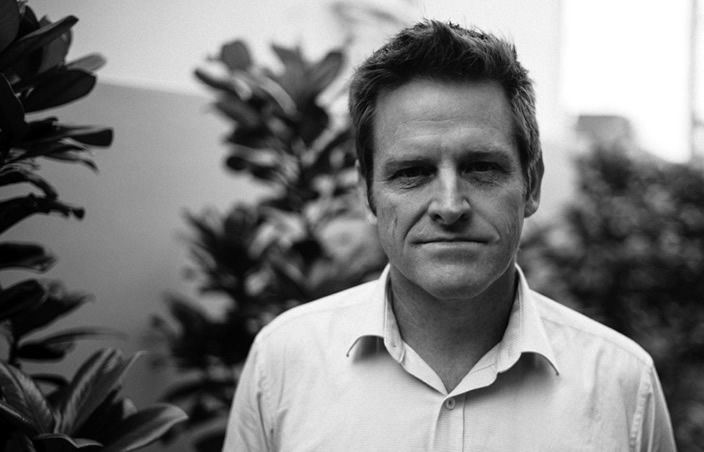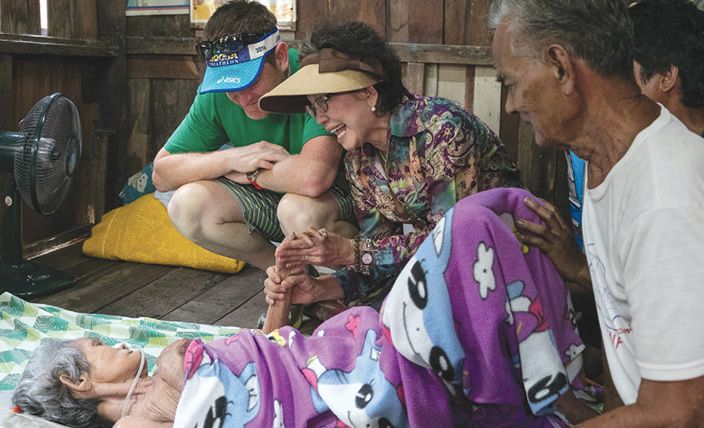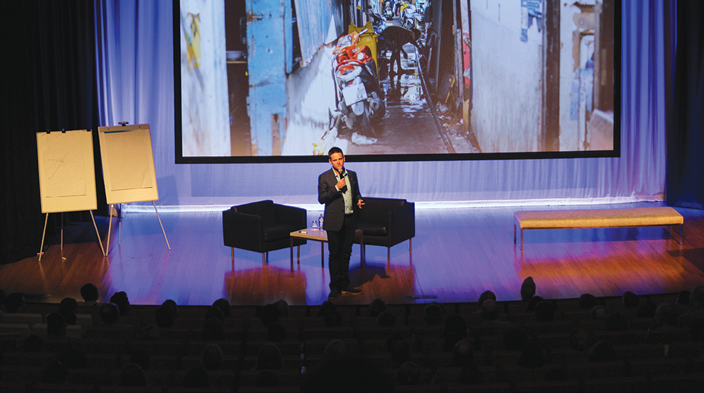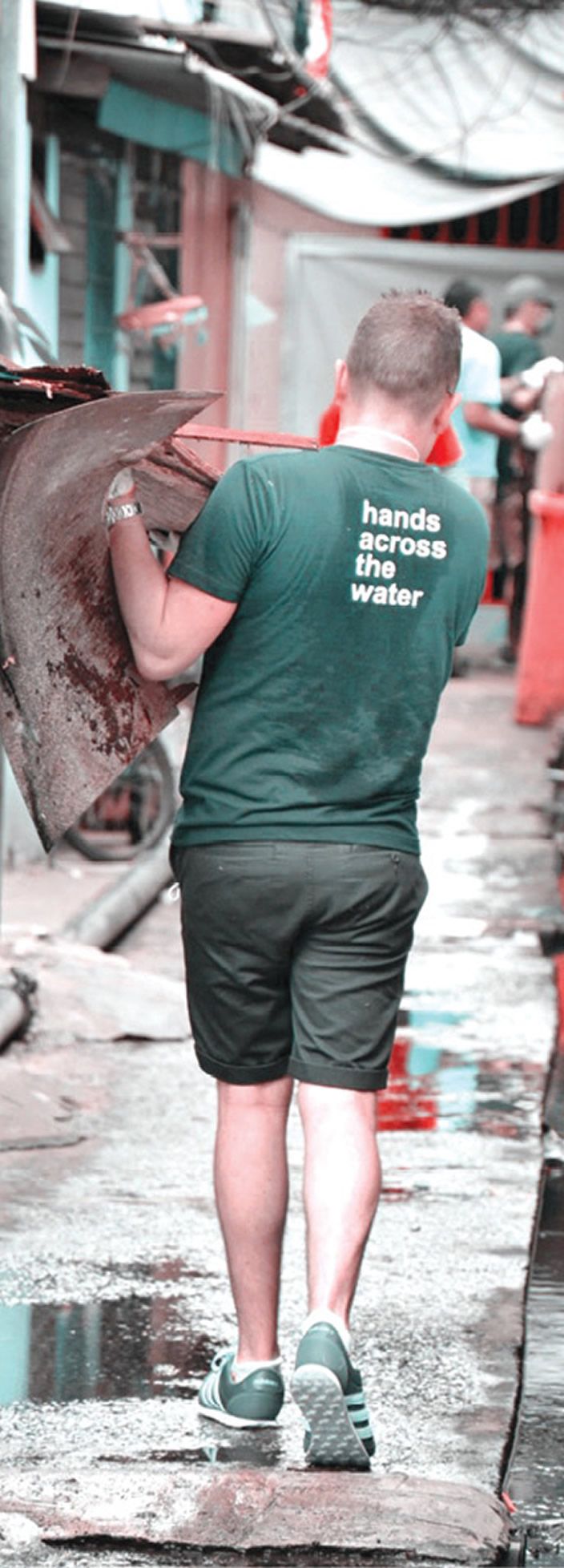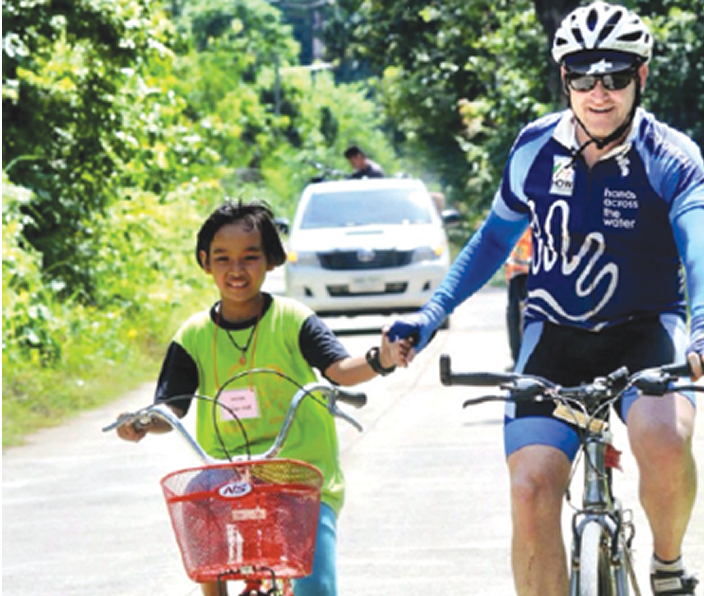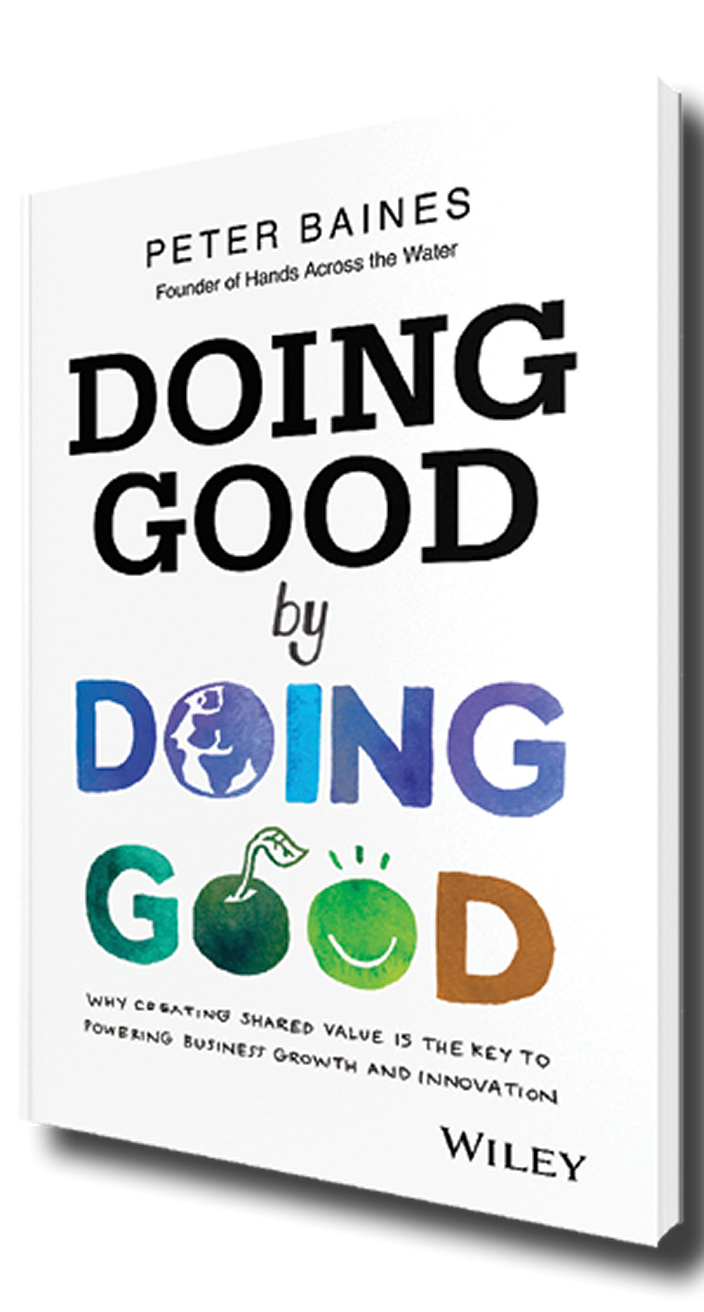Passion for teaching all
I think a truly effective teacher is one who is passionate about what they do and is able to take all students along with them, regardless of whether they are the top performers or the least academic in the year group. It’s so important to be committed to all and make a subject appeal to the whole class – that makes each student feel worthwhile.
Mentors and people who make a difference
When I was in the NSW Police Force, I’d come up from Sydney to work in Tamworth with the Major Crime Squad. There was a Regional Commander, Peter Walsh, who had an extraordinary presence and such a caring nature. In that tough world, this man remembered simple things that made a difference to me; he’d remember my name and where I was from and would ask how I was going. He knew my wife’s name and would ask how she was – this was so rare on the job and I recognised how positive those inquiries were and how it made me feel.
I think school principals need to do that sort of thing too. They need to go into the classroom from time to time and not be an enigma in an administrative office. They need to drop in frequently, take the time to care, communicate caringly with the students and staff.
When I worked overseas in Thailand as an International Commander, I’d go into the mortuaries where there would be doctors, dentists and mortuary assistants working on bodies from the disaster. I would ask “how are you going?” One mortuary assistant said: “my handsaw is very blunt”. Given the huge task she had, you can imagine how difficult that would make her job, so as soon as I could I bought a handsaw for her. I’ll never forget her response.
It takes a lot of organisation and time to visit locations in Thailand but I remember from that and other responses that I must go to visit and I must be present.
In Thailand there were over 3500 dead bodies laid out on the ground in the steaming heat that needed to be examined and if possible identified. The soldiers had to move each one of these bodies for us. We couldn’t do anything without the soldiers’ help, but it was so hard for them in that shocking situation to be there and do that day after day, week after week.
For a time, the soldiers lost their motivation, but every role was important and we could do nothing without them. When so much needs to be done it’s easy to forget the significance of what we’re doing. So we needed to stop and make sure everyone in the team knew how relevant and important his or her job was, no matter what that job might be.
